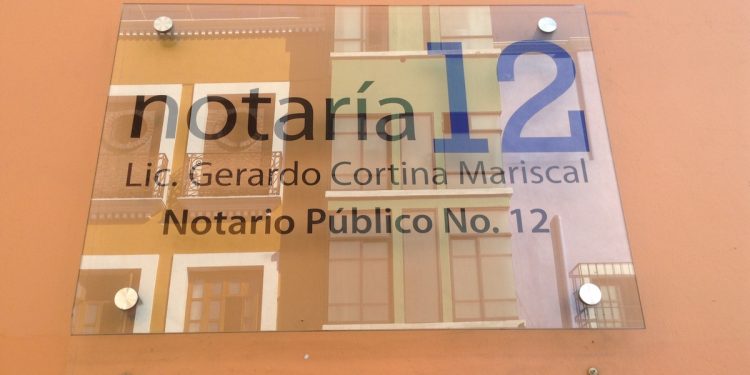Legislation enacted in August 2019 gives the Mexican state wide-ranging powers to seize physical property in the event that it’s suspected to be —or suspected ever was— linked to illicit or criminal activity.
Known in Spanish as Ley Nacional de Extinción de Dominio, the law enables a judge to immediately order the seizure of a property that is suspected to be part of a corrupt or illegal transfer chain (for example, if previous owners used illicit means to acquire it or build it) and/or if it’s suspected the property is being actively used for criminal purposes.
Legal quagmire if your property becomes entangled
Under this law, a property may be immediately seized without trial if the authorities present a petition to a judge and that judge deems that there are grounds to suspect the authorities have a genuine case. The state may subsequently dispose of the property even before a trial has taken place. The law is causing some controversy especially in relation to a present owner’s risk of loss due to an illicit transaction history that the owner could not have known about.
If you buy a property in Mexico and, even years later, it’s discovered that the property was transacted illegally you could forfeit the asset and have no recourse to insurance coverages which would become null-and-void in this circumstance.
As the law is relatively new and untested there are no substantive case studies to reference regarding the appeal process. In any event, legal costs to defend the asset would be substantial even if a subsequent trial ruled in the owner’s favor.
The law covers titled land, titled physical property (residential and commercial) and ejidos (communal land); as well as any assets situated on or linked to the property including valuables, goods, bank accounts, etc.
Definitions of ‘illicit uses’ of the property include —but are not limited to— organized crime, kidnapping or human trafficking, concealment, storage of stolen or illegal goods (e.g. cars, fuel, drugs), extortion, and money-laundering.
The wrong tenants could cause you to lose your Mexican home
This law also places the burden of responsibility of current use of the property directly on the owner. If you rent your house out and the tenants use it for illegal purposes, then the state can seize the property from you with a writ from a judge. In circumstances where your rented property is used by the tenants for illegal purposes it may prove impossible to get your home back or get compensated after the fact.
When you rent out your Mexican home you should be absolutely sure that detailed referencing and due diligence has been undertaken on potential tenants and that the people who apply and sign the rental contract are the same people who move in. The contract should also contain carefully-worded legal clauses which specifically prohibit illicit use of the home.
Speak to your real estate agent or a lawyer or Notary Public to ensure your contract is current in respect of this new legal code.
The information contained in this article is published in good faith and not intended to constitute personal, professional, legal, financial or investment advice, nor replace the services of professional advisors.
Learn more about caring for and insuring your home in Mexico
Mexperience publishes extensive information to help you plan and care for your home life in Mexico through guides, articles and free eBooks:
- Latest articles about property rental in Mexico
- Free Guide: House maintenance and home security
- Latest articles about property insurance
- Articles about real estate in Mexico
Get a quote and arrange your home coverage now
You can get an online quote and coverage for your home in Mexico (whether you own or rent) in minutes with our home insurance associate, MexPro.
Quote and coverage: Get an instant quote and arrange instant coverage online
Mexico in your inbox
Our free newsletter about Mexico brings you a monthly round-up of recently published stories and opportunities, as well as gems from our archives.









How do Notorios fit into this new law? Isn’t it their responsibility to ensure transactions are done properly? So, if irregularities are discovered years later, isn’t it the Notorio’s fault, not the purchaser?
Hi Mark,
The Notary Public is likely to demonstrate that they have undertaken the legally-required due diligence and unless you have *material proof* that the Notary was negligent or fraudulent –a very difficult thing– it would be very difficult to bring a case against the Notary in these matters.
A far greater risk to foreign residents buying here is renting out a house to the ‘wrong people’: if the property is used for illicit purposes and the authorities begin to prosecute the tenants, it would likely be hard (and expensive) to defend the asset under the new law.
The same law exists in the U.S. Do it to enough people, and you Will have a revolution on your hands you idiot politicians.